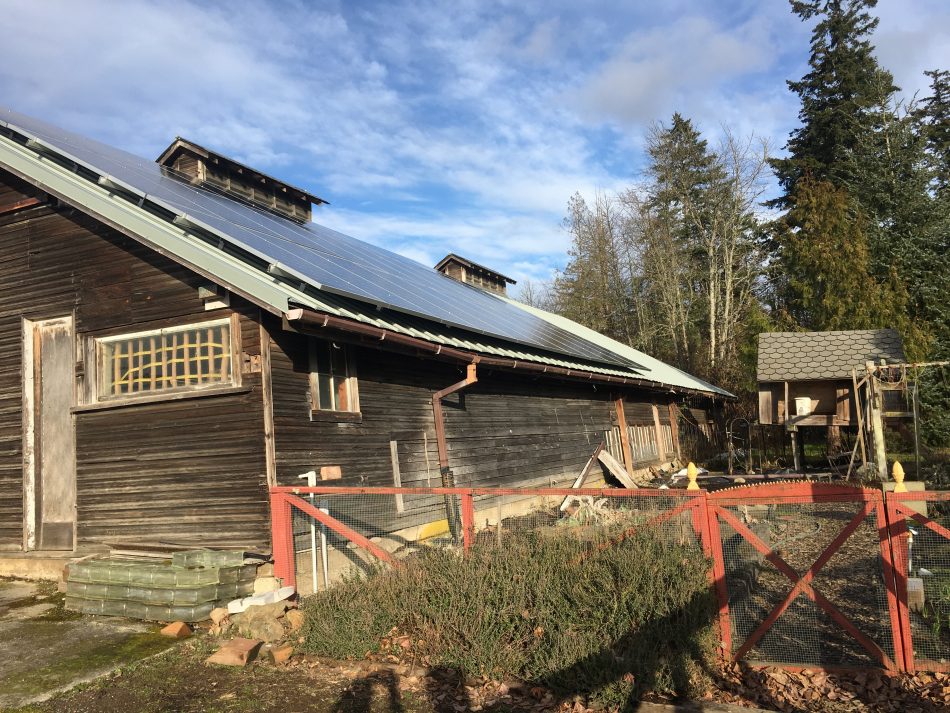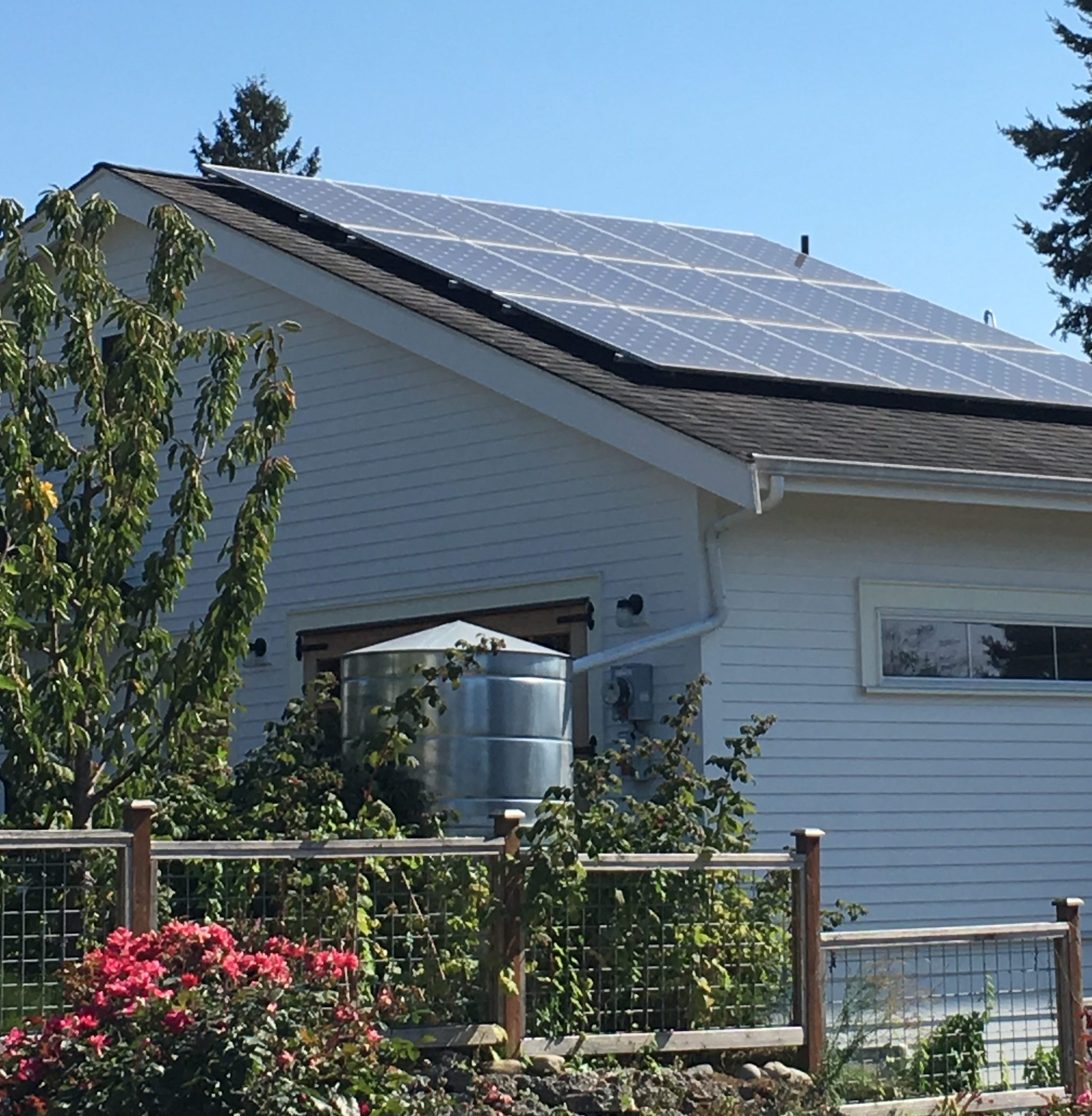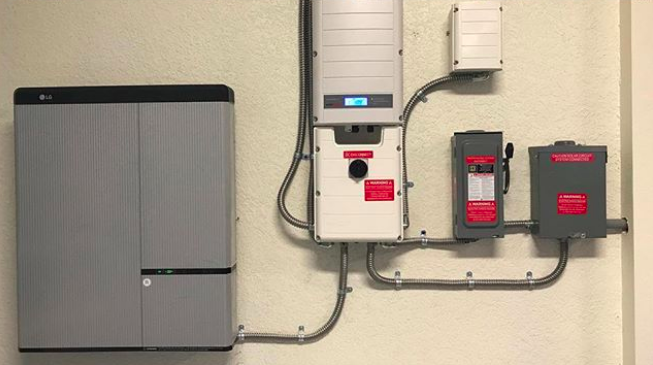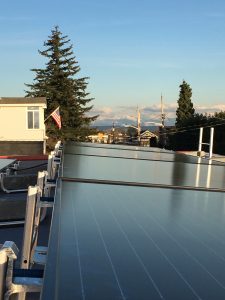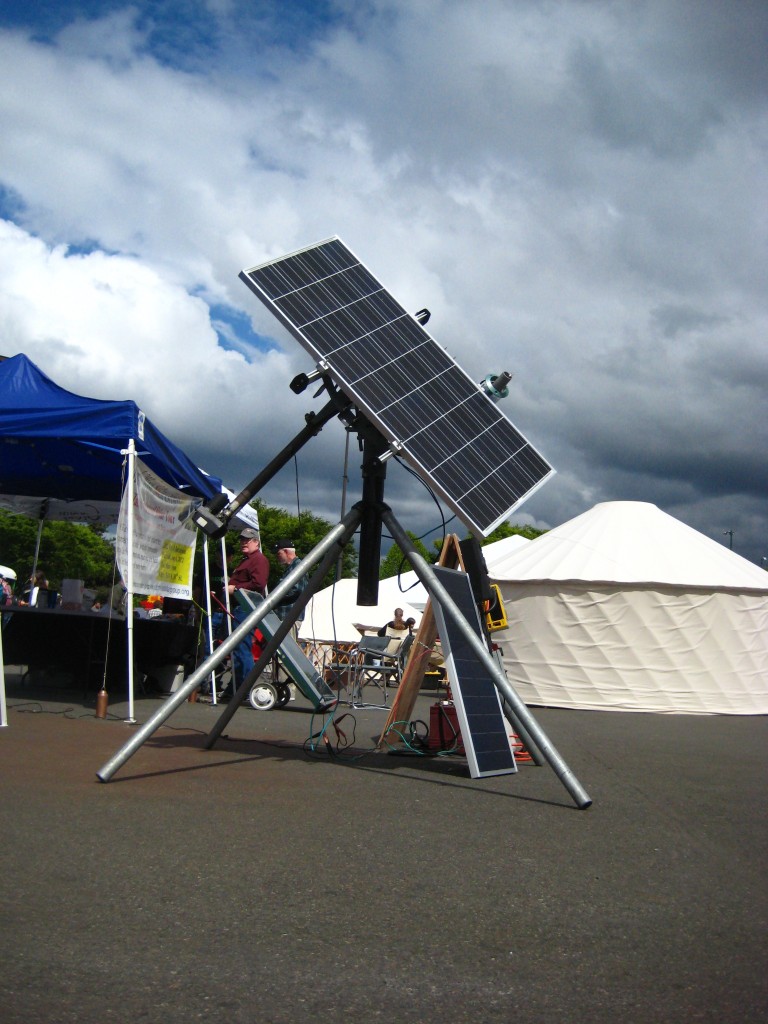I am entering my 11th year in the solar industry! The US has seen 33% growth in this last decade1.
As the climate becomes unpredictable, solar adoption has been on the rise.
The reasons to “go solar” are not just financial. Fossil fuels are finite, polluting resources that are burned and disposed of into our air. This has and will destabilize historical climatic conditions. Dependable energy from renewable sources, like solar, is the foresight and trend we should follow.
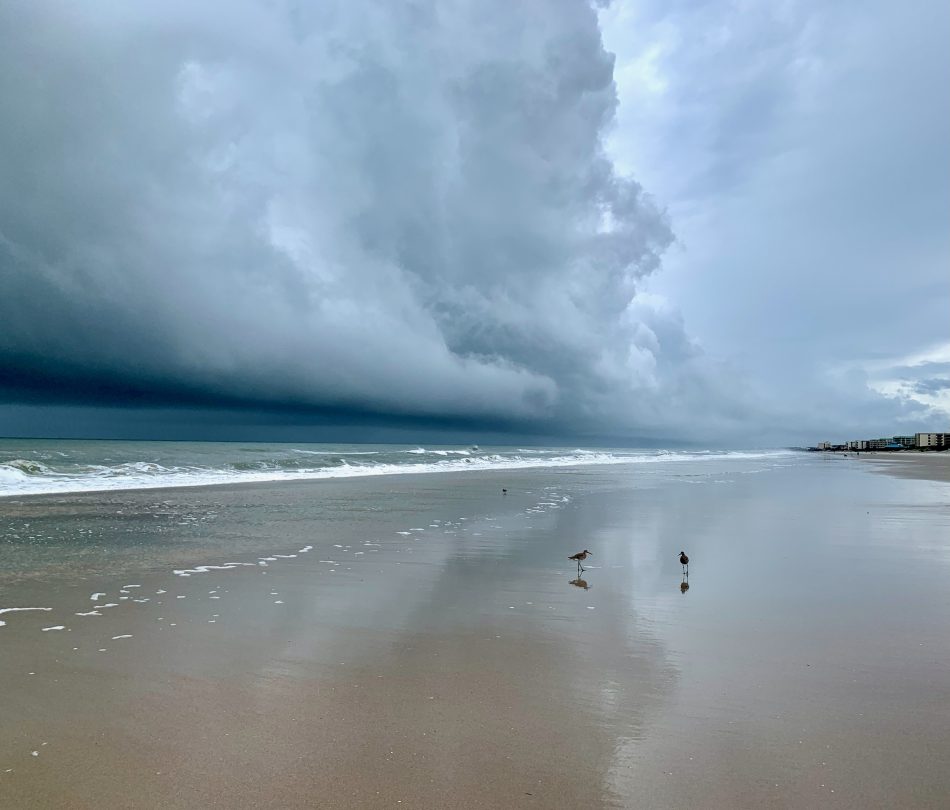
Why use solar power?
- Alternative to coal-fired power
- Diversify our energy sources
- Bring energy source closer to the energy consumers
- Possibility of energy storage for emergency use
- Quiet, clean electricity for home and transportation
- Plug your EV into the wall outlet. Drive on full tank the next day!
- Add value to home/property
- Tax credits and tax forfeiture available
- Reduce electric bills
- Fully recoup your investment in your solar upgrade
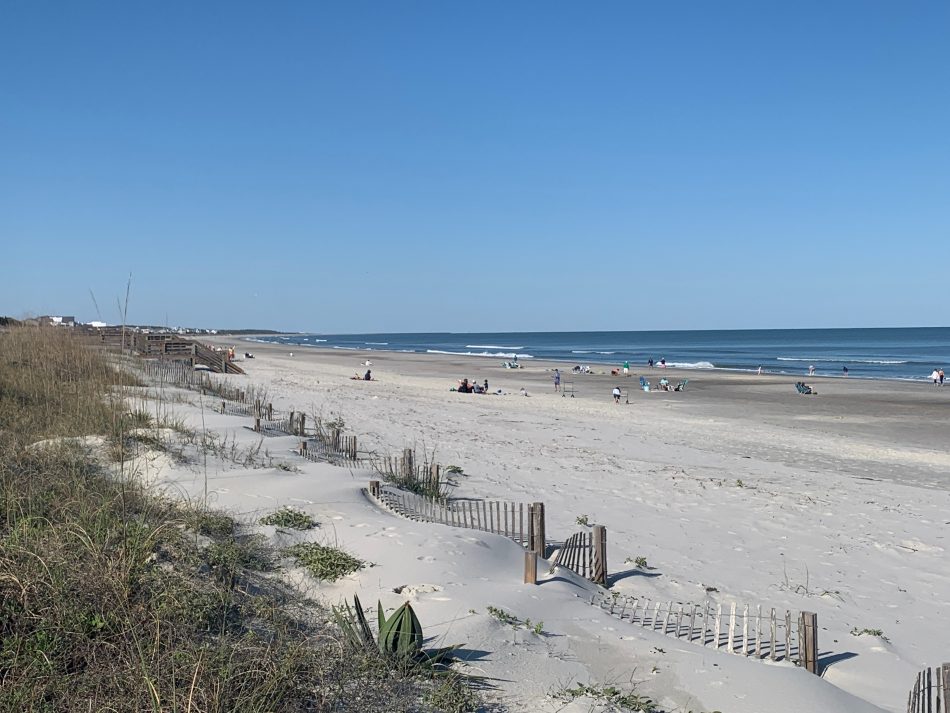
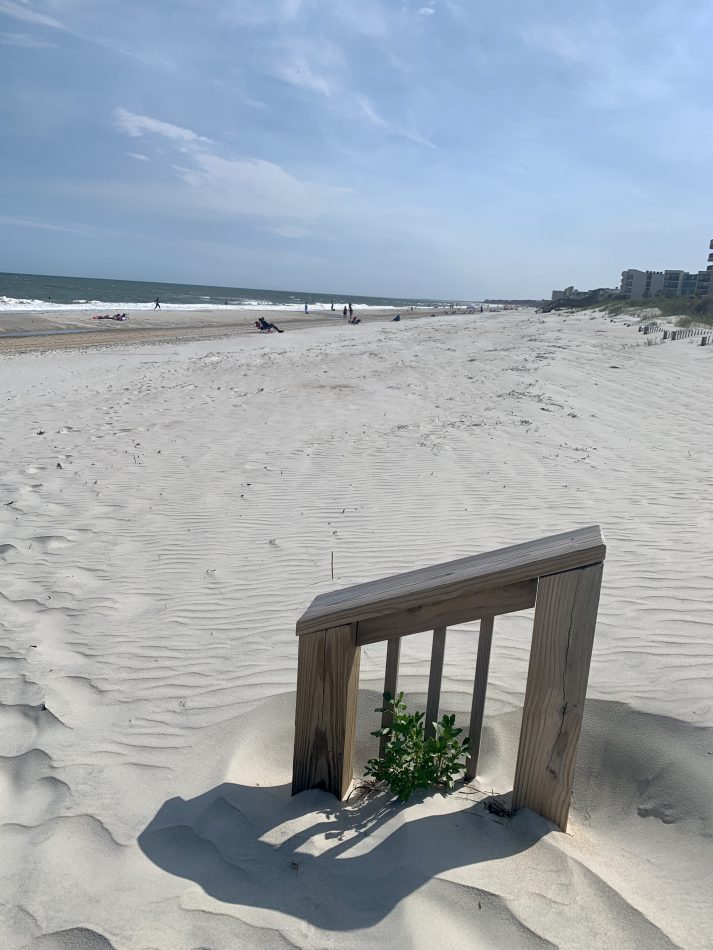
Generating solar electricity in the community makes a lot of sense. Power is produced and used locally. Sea levels are rising and will not stop until we slow and reverse the trend.
Ask me about your solar potential and start saving money and the climate as soon as possible!
Sources:
- SEIA.org

